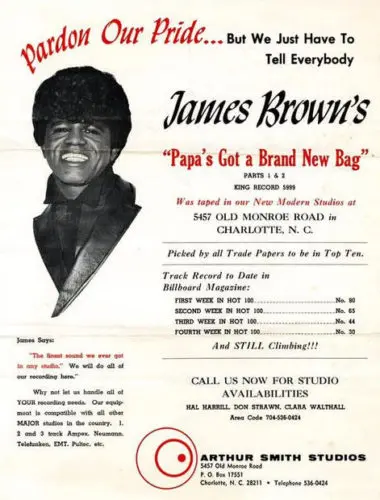Before Nashville was the home of country music, Charlotte was country music’s home. RCA Victor, one of the few major recording companies in the country, made their first country recordings in Charlotte in 1927. After the mid-1930s, most country music was recorded in North Carolina. Country music’s early success on Charlotte radio is part of what drew a young radio star like Arthur Smith to Charlotte.
Smith’s illustrious career in both radio and television made him a significant part of Charlotte’s music scene for the better part of the twentieth century. Arthur Smith Studios was an invaluable part of Charlotte’s music scene due to the success of Arthur Smith as a musician, composer, songwriter, and entertainer but also to the musicians and performers who recorded at his studio. Arthur “Guitar Boogie” Smith was a legendary radio and TV host. Arthur Smith Studios was located at 5457 Monroe Road in Charlotte, North Carolina.
Arthur Smith got his start at a young age through his musical talent. He played several instruments, including the guitar, trumpet, mandolin, and fiddle. At thirteen, Smith got his first recording contract with Radio Corporation of America (RCA). Two years after signing his record deal, he had his radio show at WOLS in Florence, South Carolina. He formed a quartet named after himself and went on to host a daily radio show at WSPA, also in South Carolina.
At the time, country music was becoming so popular that Smith switched his quartet’s name to Arthur Smith and the Carolina Crackerjacks and began playing country music. Arthur Smith came to Charlotte in 1943 to perform on WBT Charlotte’s Carolina Hayride. WBT was Charlotte’s premier radio station at the time. Smith continued working in the music business even while in the Navy during World War II. He recorded one of his first hits, “Guitar Boogie,” which sold over one million records in 1945. After World War II, Smith continued his career as a recording artist at WBT. He had two shows on the radio simultaneously and became a mainstay on Charlotte radio.
Arthur Smith's Hits
WBT began to move into America’s next media phenomenon, television. Arthur Smith and his band became the first live television show the network offered to viewers. The Arthur Smith Show ran for 32 consecutive years, beginning in 1951, and was the most well-known show starring Smith. His show was also one of the first country music variety shows in the United States. At its peak, it aired on over 60 stations nationwide. The show hosted guests like Andy Griffith, Richard Nixon, and Johnny Cash, to name a few. Smith was living in Charlotte due to his radio and television recording commitments. Smith also wrote and performed “Feudin’ Banjos” in 1955. That song was famously used in the film Deliverance with its name being changed to “Dueling Banjos.” In 1957, he opened a studio here in Charlotte.
You may wonder why Arthur Smith chose to open a studio here in Charlotte, North Carolina. He wanted to be able to record closer to home. Initially, the studio was built in a retrofitted barn behind his house. In 1964, the studio would move to Monroe Road so larger groups could record there. Word quickly spread throughout the music industry about the studio. Studio time was sold to musicians in four-hour blocks daily and night. Billy Graham famously used the studio for his radio show Hour of Decision. Arthur Smith also ran a radio show for thirty years called Top of the Morning out of the studio.
Recording Samples
Many famous musicians have recorded from Arthur Smith Studios, such as Pat Boone, Johnny Cash, George Hamilton IV, and James Brown. Perhaps one of the most famous songs to come out of the studio was James Brown’s “Papa’s Got a Brand New Bag.” Legend has it that on February 1, 1965, James Brown and his band stopped at Arthur Smith Studios in Charlotte, North Carolina, on their way to the show. Brown and his crew are said to have recorded the Grammy-winning song in one hour with only one take.
Recording sessions like that are part of why Arthur Smith Studios was so well-known in the music industry and a major part of Charlotte’s musical history. Arthur Smith had an illustrious music career, and so did the studio he created. In 1981, Smith sold a significant stake in his studio, and by the mid-1980s, Smith had no part in ownership. The studio was under the management of Tim Eaton, who renamed it Studio East. Today, Arthur Smith Studios is no longer in operation, and the building is now owned and operated by Hunter & Everage law firm. The studio has been designated as a historic landmark by the Charlotte-Mecklenburg Historic Landmark Commission.
Another song recorded at the studio that stood the test of time was “Stay,” by doo-wop vocal group Maurice Williams and the Zodiacs. “Stay” reached the #1 spot on the U.S. Billboard Hot 100 list on November 21, 1960, becoming the shortest single ever to do so at 1 minute 36 seconds. As fate would have it, in 2015 Maurice Williams returned to the studio 55 years later (known by then as Studio East) to record a new version of “Stay.”


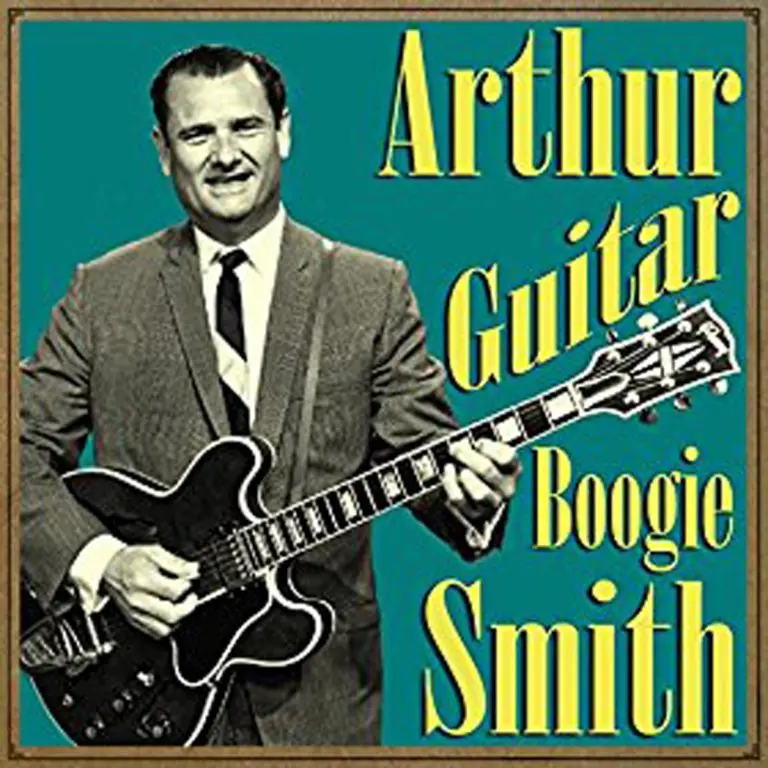
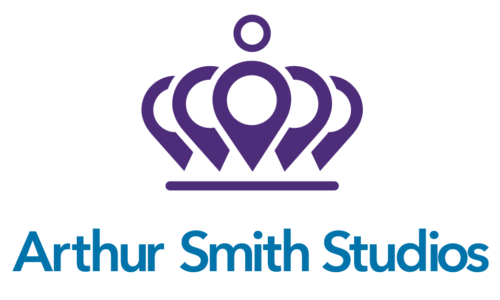
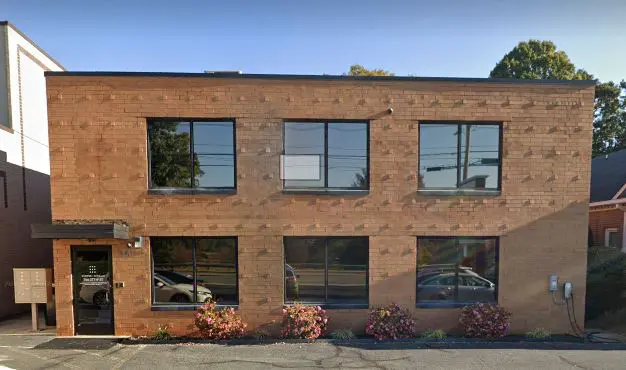
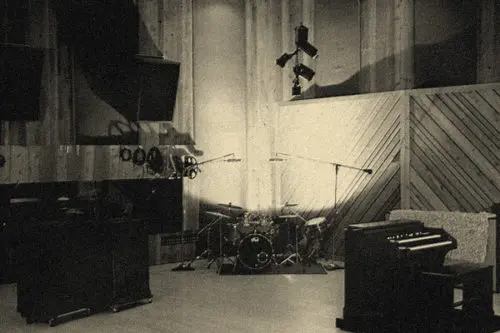
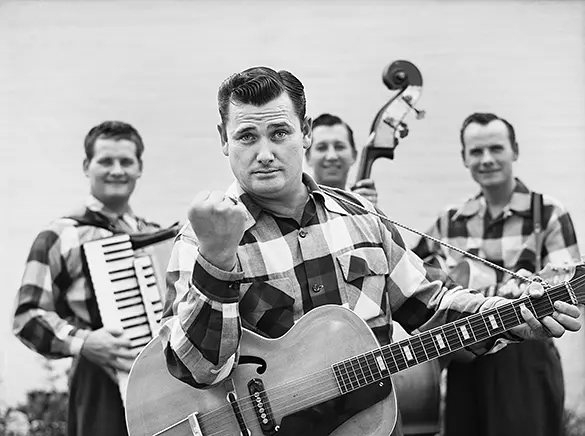
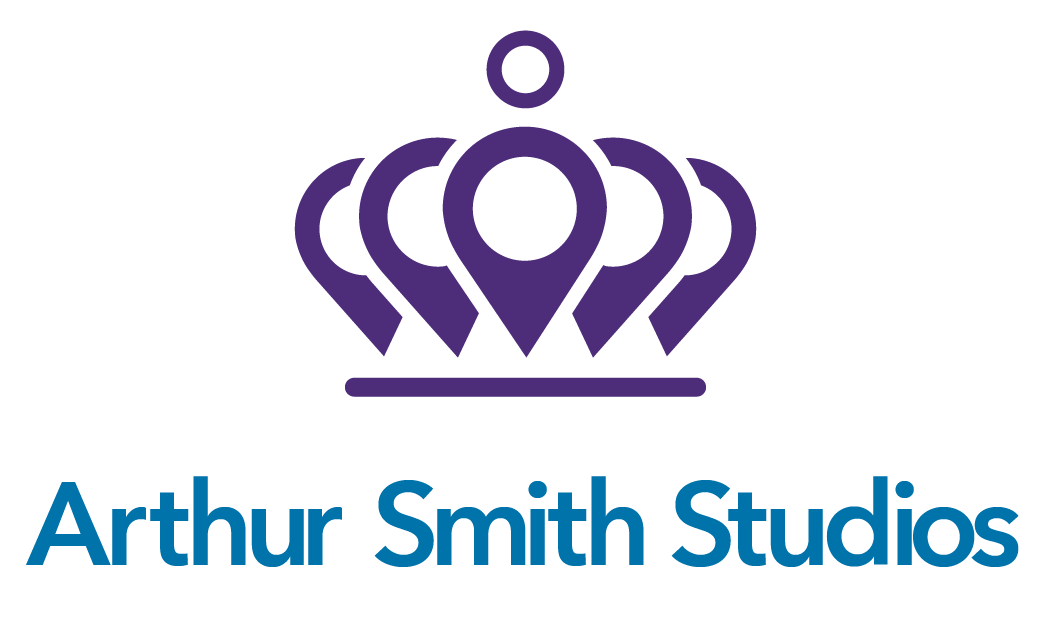
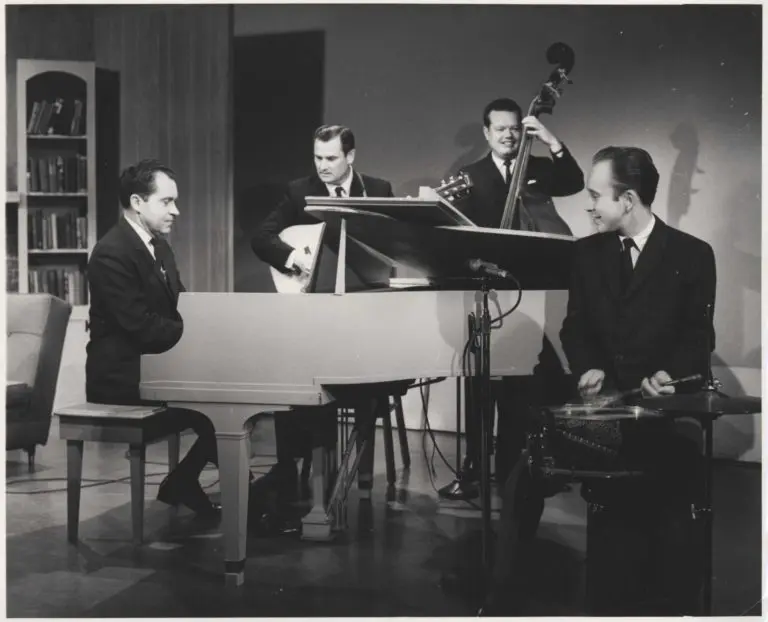
![James Brown - Papa's Got a Brand New Bag – 1965 [DES STEREO]](https://img.youtube.com/vi/VO68V_UoWkM/maxresdefault.jpg)




